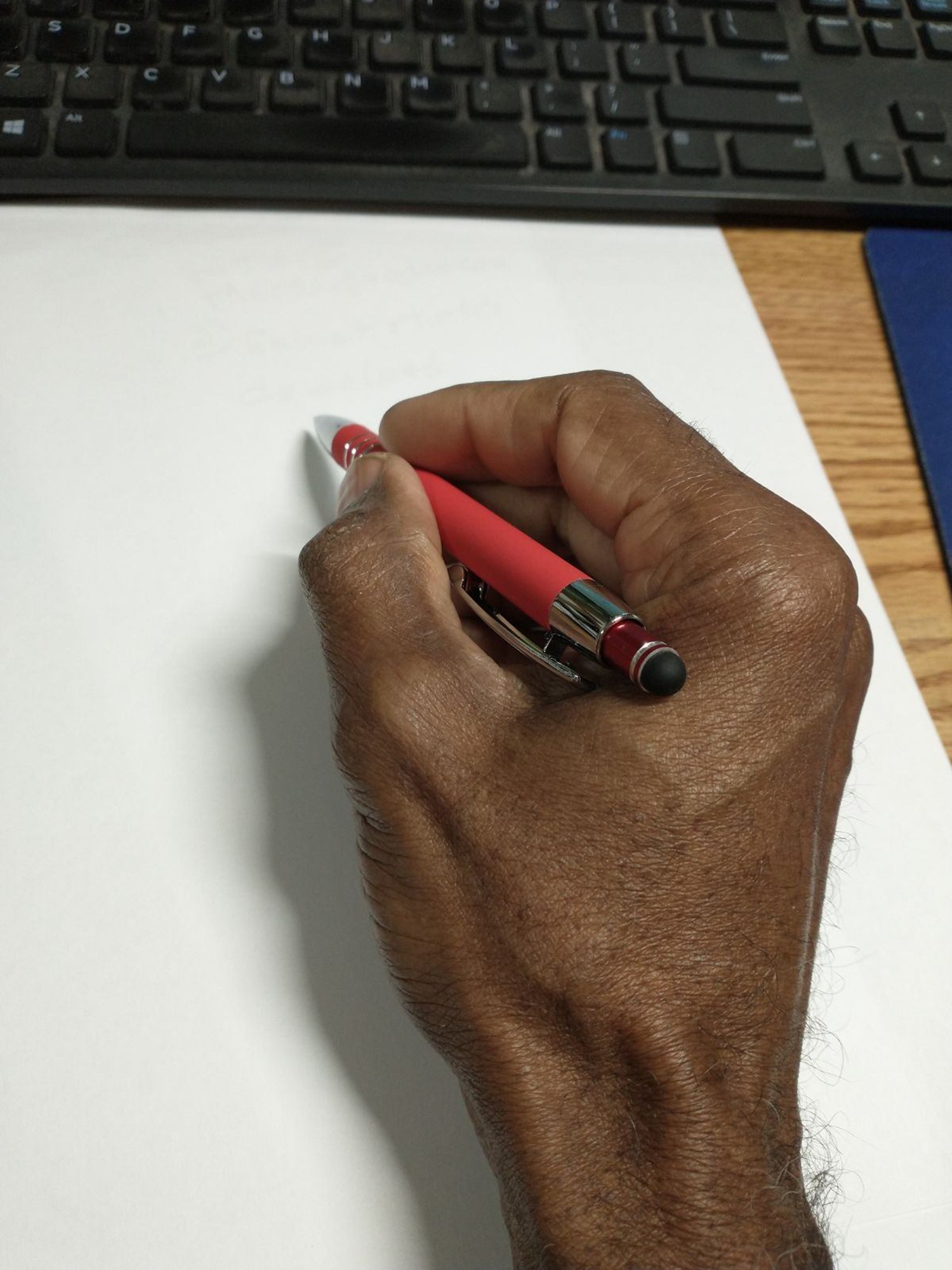
Life has a way of throwing challenges at us when we least expect them – sometimes at an age when we are least equipped to handle them. At just five years old, I faces the unimaginable: abandonment. Now, looking back at 75, I see how that experience shaped me in ways I never could have understood at the time. It was a journey marked by fear, pain, and confusion, but ultimately, one of healing and resilience.
The Day Everything Changed
I still remember the moment vividly – the scent of my mother’s familiar embrace, the confusion of being left behind, the desperation of my voice as I begged her not to go. But despite my cries, she left me in the care of Sarah Mack, a woman who would become the source of much of my childhood pain. That day, my world shifted from the warmth of my mother’s love to the cold reality of abandonment.
A Childhood of Hardship
The years that followed were filled with struggle. Sarah’s home was no place for a child to thrive. The apartment was infested with mice, my daily reality was filled with fear, and any display of weakness was met with harsh discipline. I endured beatings, neglect, and the constant reminder that I was unwanted. I longed for love, for safety, for a way out.
Through it all, I learned to survive. I adapted, toughened myself against the pain, and clung to whatever scraps of hope I could find. My refuge became the church, where I first encountered the idea that I was not alone – that perhaps, there was a God who saw me, who heard my cries, who had a plan beyond my suffering.
A Glimpse of Hope
Not everyone in my life was cruel. One woman, Leora Griffen, saw my pain and extended kindness when I needed it most. She fought for me in ways I could not fight for myself, helping me transition to a Catholic school where I found structure, encouragement, and a sense of belonging. That opportunity changed everything.
For the first time, I felt like I had value beyond my suffering. I excelled academically, earned leadership roles, and began to dream of a future beyond the limitations of my past.
Rising Above
Through sheer determination, I carved a path forward. I earned a place at Hales Franciscan High School, where I thrived in academics and athletics. College became a reality, and eventually, I found my calling in pharmacy. With every achievement, I reclaimed a piece of what was taken from me.
Looking back now, I realize that surviving abandonment was never just about making it through those painful years – it was about proving to myself that I was worthy of love, success, and happiness. It was about learning that resilience is not just enduring hardships, but transforming it into strength.
A Message to Others
To anyone who has faced abandonment, rejection, or pain that seems impossible to bear – know that your story does not end in suffering. You are more than what happened to you. Healing takes time, and the scars may never fully fade, but they do not define you.




